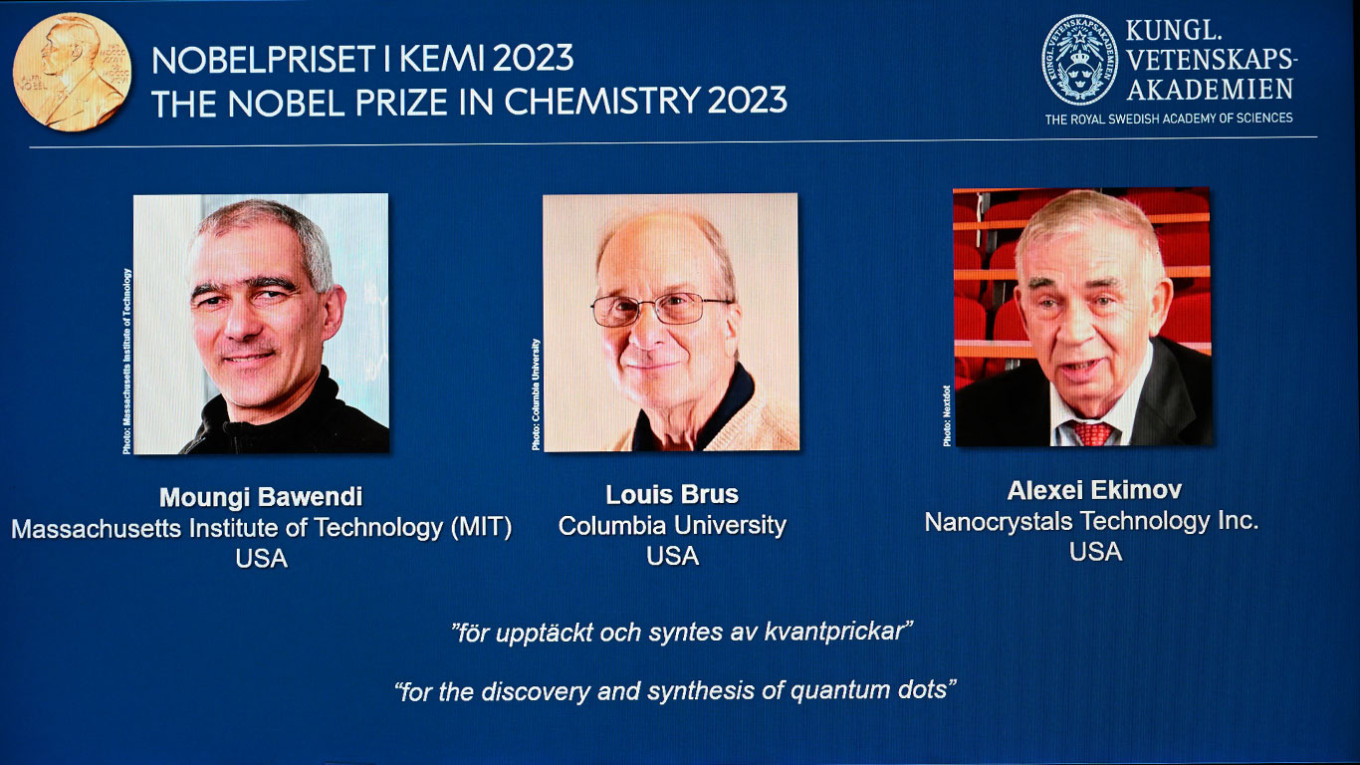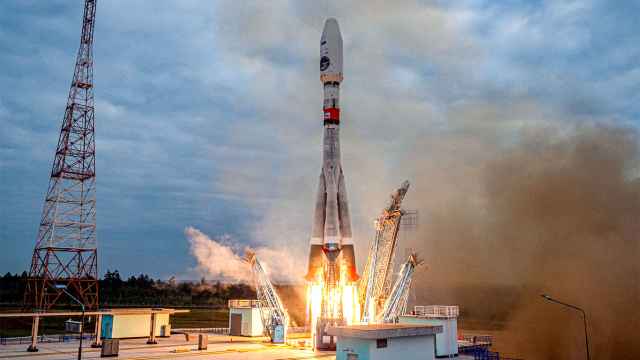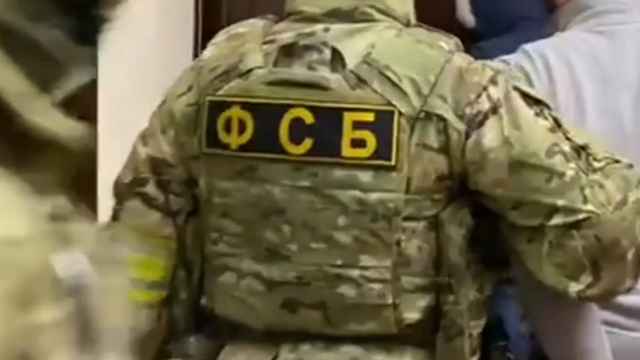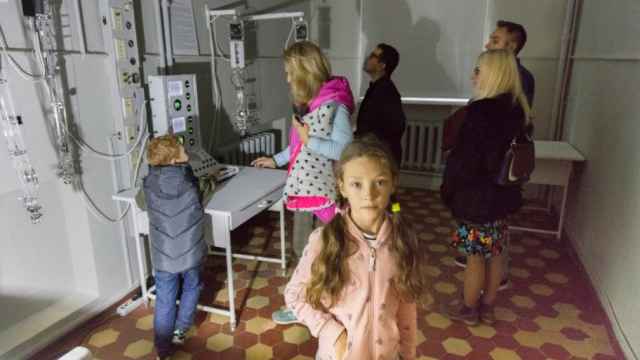Russian-born physicist Alexei Ekimov on Wednesday won the Nobel Prize in Chemistry alongside French-born Moungi Bawendi and American scientist Louis Brus for their research on tiny particles known as quantum dots.
The trio succeeded in producing these tiny fluorescent semiconductors that "now spread their light from televisions and LED lamps, and can also guide surgeons when they remove tumor tissue, among many other things," the jury said.
In 1981, Ekimov discovered quantum dots at St. Petersburg’s Vavilov State Optical Institute.
The Nobel Committee for Chemistry said Ekimov’s discovery helped Brus to later "prove size-dependent quantum effects in particles floating freely in a fluid."
Bawendi then changed the chemical production of quantum dots into “almost perfect particles,” which allowed for their use in applications.
Alexei Ekimov, born in the U.S.S.R. in 1945, is a former chief scientist at the New York-based Nanocrystals Technology Inc.
The trio will share the $1 million award, receiving it from King Carl XVI Gustaf at a ceremony in Stockholm on Dec. 10, the anniversary of Swedish scientist Alfred Nobel's death in 1895.
The chemistry distinction is the third Nobel Prize to be awarded this year, after the medicine prize and the physics prizes were announced earlier this week.
AFP contributed reporting.
A Message from The Moscow Times:
Dear readers,
We are facing unprecedented challenges. Russia's Prosecutor General's Office has designated The Moscow Times as an "undesirable" organization, criminalizing our work and putting our staff at risk of prosecution. This follows our earlier unjust labeling as a "foreign agent."
These actions are direct attempts to silence independent journalism in Russia. The authorities claim our work "discredits the decisions of the Russian leadership." We see things differently: we strive to provide accurate, unbiased reporting on Russia.
We, the journalists of The Moscow Times, refuse to be silenced. But to continue our work, we need your help.
Your support, no matter how small, makes a world of difference. If you can, please support us monthly starting from just $2. It's quick to set up, and every contribution makes a significant impact.
By supporting The Moscow Times, you're defending open, independent journalism in the face of repression. Thank you for standing with us.
Remind me later.






